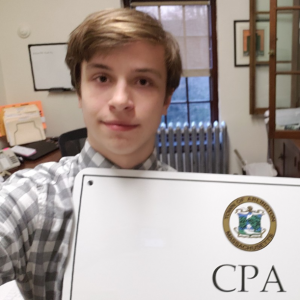
Name: Felix Moisand
From: Boston, Massachusetts
Votes: 0
Working Together to Bring Safer Roads
It was my first time driving on the road. I had gotten my learner’s permit a few weeks prior and had been practicing in the parking lot of my local middle school in the evenings. My Dad kept me company in the passenger’s seat, helping me get comfortable with the mechanics of the car and how to park inside the lines. This night, instead of driving us home, he had me try driving up the hill myself. I took it slow and easy, still not completely comfortable with guiding this gigantic box of metal. The whole way back, another driver was aggressively tailgating me, clearly frustrated that I was well below the speed limit. As I signaled to take a left turn onto my home street, I hesitated and double checked that it was safe to go. As I started making my turn, my dad shouted to brake. I couldn’t see it at first, but the other driver aggressively passed on the right and tore past us while blaring the horn the whole time. While nobody got hurt, this incident made a huge impression on me as a first-time driver.
For some people, they never get the wake-up call of how dangerous that behavior can be. Even though drivers ed is incredibly valuable in teaching us modern safety procedures and protocols, some people don’t take the lectures seriously, and for others their impact fades over the years. And unfortunately, even for the safest drivers, navigating the road is a team effort. Many people across the United States die in accidents through no fault of their own. Therefore, it is critical that our efforts at drivers ed be comprehensive and long-lasting to make a difference on all the drivers on the road. We should be wary of attempting a one-size-fits-all routine for the huge variety of students who come through drivers ed. We must acknowledge that there are a variety of learning styles that have to be catered to if we want to hold every driver’s attention.
Furthermore, we should do better to reach out to those drivers who might need to refresh their grasp on the rules of the road and how to drive most safely. Perhaps insurance companies could provide a more comprehensive discount system to give drivers a financial incentive to take refresher courses. We would all benefit from more conscious and aware drivers, and the insurance companies would benefit from having to pay less claims. Similarly, we should find ways to reach out to elderly drivers and make sure that they can still safely drive as their reactions times and motors skills begin declining. There should be no shame in surrendering a driver’s license, just an acknowledgement of facts on the ground.
Beyond structural changes, it is on all of us to stay conscious and empathetic of other drivers on the road, doing the best to stay predictable and safe on the road.